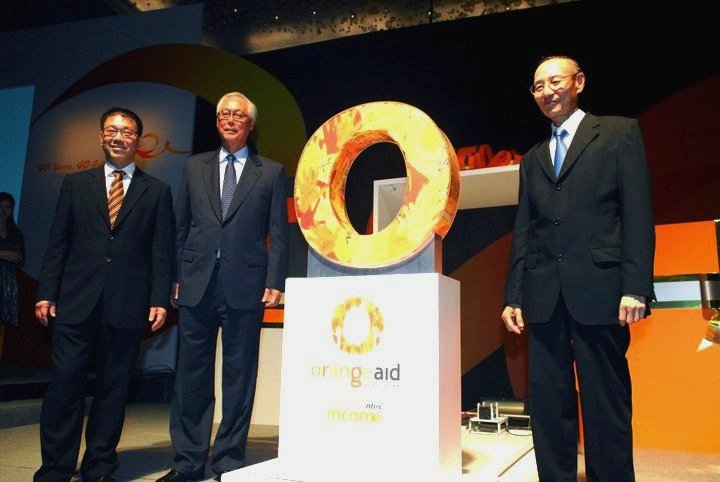UBC Researchers Develop Quantum Network 'Universal Translator' Chip

Researchers at the University of British Columbia (UBC) have unveiled a groundbreaking proposal for a silicon chip designed to facilitate communication between quantum computers by converting microwave signals to optical signals and vice versa with an impressive efficiency of up to 95%. This innovation addresses a significant challenge in quantum networking, enabling long-distance communication while maintaining the delicate quantum entanglement necessary for effective quantum computing.
In a press release dated June 20, 2025, UBC's Blusson Quantum Matter Institute (UBC Blusson QMI) announced that the proposed device could serve as a 'universal translator' for quantum networks. According to study author Mohammad Khalifa, a PhD candidate at UBC, this technology could revolutionize how quantum computers interact over vast distances, likening it to a translator that ensures the integrity of the message while eliminating background noise.
The ability to maintain entanglement—where two particles remain correlated irrespective of the distance—is fundamental to the efficacy of quantum computing. As Dr. Joseph Salfi, senior author and assistant professor of electrical and computer engineering at UBC, explained, the loss of this connection could undermine the advantages of quantum computing. The UBC device, described in the journal npj Quantum Information, represents a potential solution to this problem by allowing for long-distance quantum communication without sacrificing entanglement.
The design leverages advanced manufacturing techniques common in silicon chip production, incorporating engineered magnetic defects in silicon to facilitate the conversion of signals. Salfi emphasized that the device operates at ultra-low power, consuming just millionths of a watt, making it compatible with existing technological infrastructure. This breakthrough could pave the way for the development of a robust quantum internet, which could offer unprecedented levels of online security, indoor GPS capabilities, and enhanced computational problem-solving abilities.
Khalifa's research indicates that while the device is still in the theoretical phase, it has cleared a significant roadblock in the quest for scalable quantum networks. "We’re not getting a quantum internet tomorrow—but this clears a major roadblock," he stated. The integration of silicon-based converters could be achieved using current chip fabrication technologies, thus streamlining the adaptation of quantum communication systems into existing frameworks.
The implications of this research extend beyond mere communication improvements. As the field of quantum technology advances, the potential applications include near-unbreakable encryption methods, more accurate weather forecasting, and the development of novel pharmaceuticals. The researchers at UBC are optimistic about the future impact of their work, noting that it could significantly enhance both the speed and security of data transmission in various sectors, from education to healthcare.
In conclusion, the UBC researchers' proposal for a universal translator chip marks a pivotal advancement in quantum technology, holding promise not only for the field of quantum computing but also for the broader technological landscape. As further research and development continue, the prospect of a fully operational quantum internet may soon be within reach, fundamentally transforming how data is transmitted and processed across the globe.
Advertisement
Tags
Advertisement





